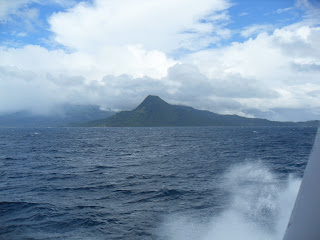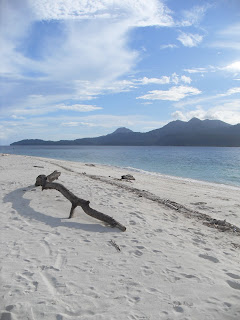So to break it all up at the end, Imee and I took a little weekend holiday......

Camiguin island in the distance- volcanoes and beaches- our destination

The place where we stayed..... with Phil and Sue

The Golden Sunset Beach Club and resort
 Awesome waterfall- in the rain but the power of it was incredible!
Awesome waterfall- in the rain but the power of it was incredible!

The yummiest dinner I ever cooked- mixed veg, daal, rice and tandoori fish. YUM! Twas good.
Camiguin at sunset

The Golden Sunset Beach Club and resort
 Awesome waterfall- in the rain but the power of it was incredible!
Awesome waterfall- in the rain but the power of it was incredible!

The yummiest dinner I ever cooked- mixed veg, daal, rice and tandoori fish. YUM! Twas good.
Camiguin at sunset
Look at the glorious water.... and the sand..... subhanAllah.
 Only a few families left on the island.... fishermen.
Only a few families left on the island.... fishermen.
I heard a terrible rumour that they are thinking of turning this place into a resort and opening a casino etc. Please God no!
 I want to go back!!!
I want to go back!!!
Never thought I would be in such a beautiful place. I'm truly blessed Alhumdulillah.


















































